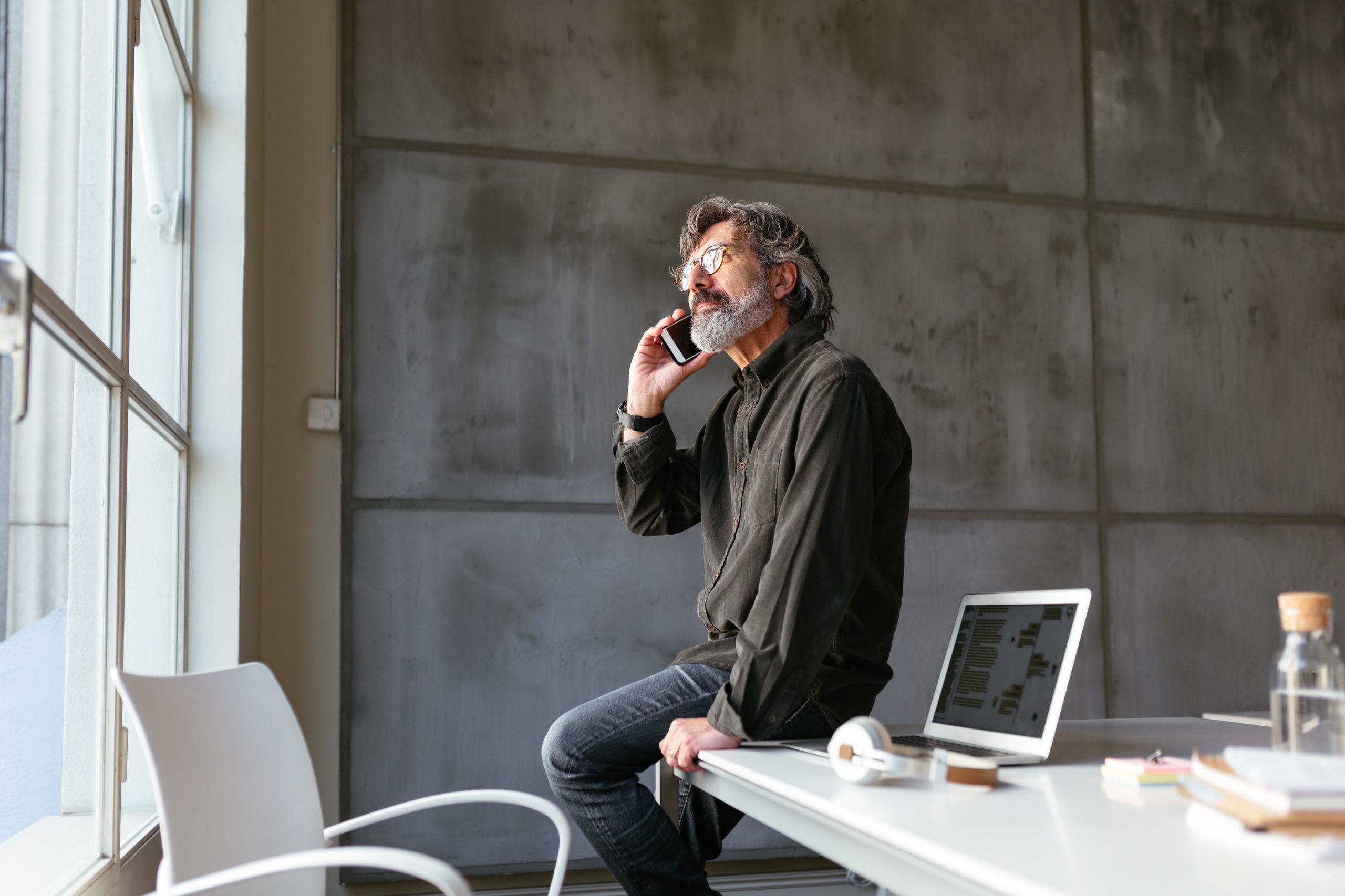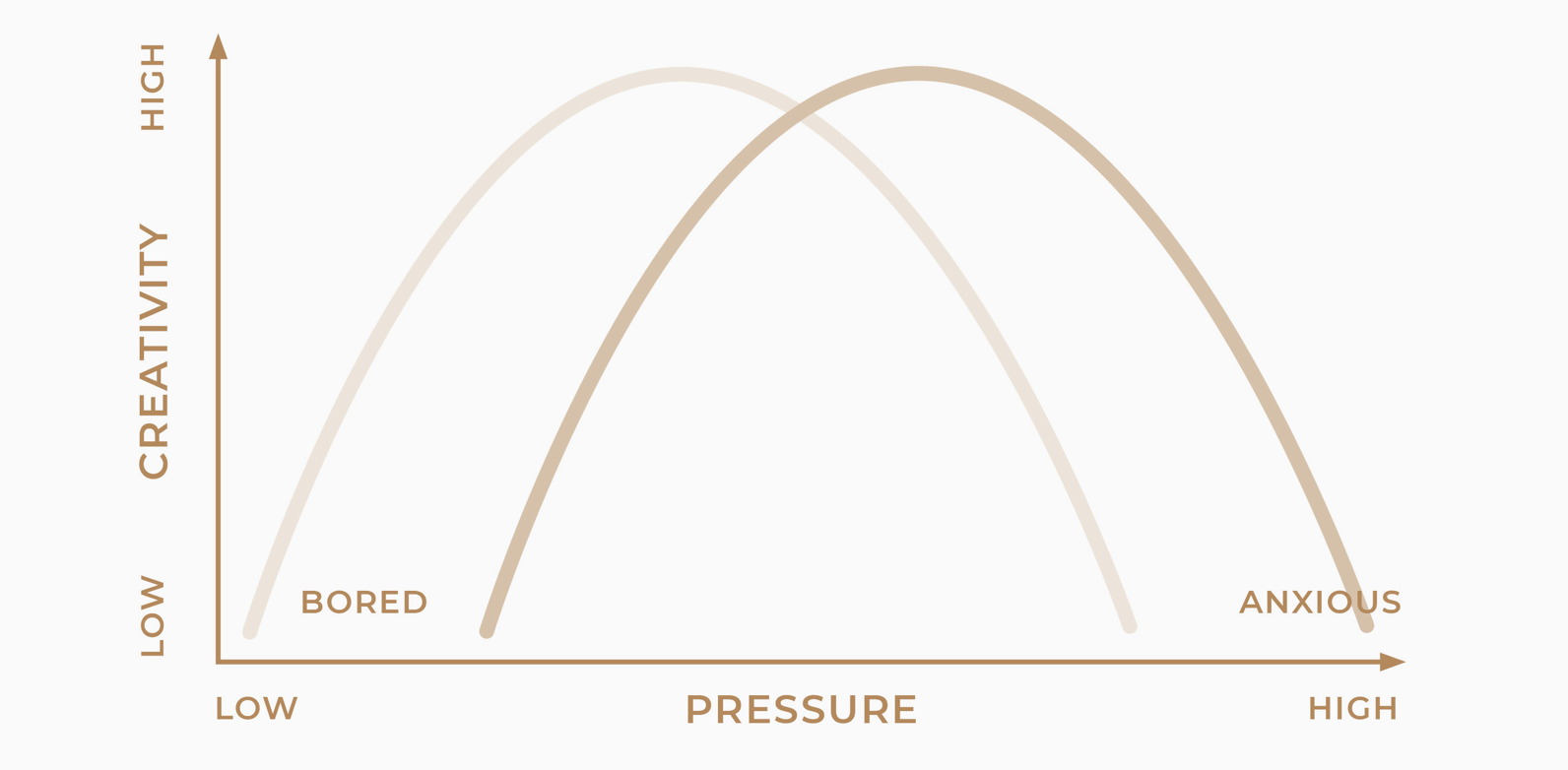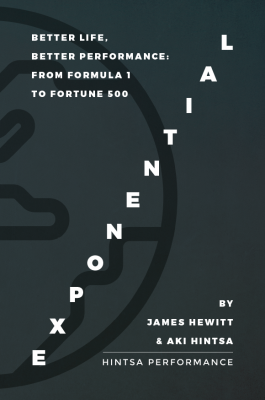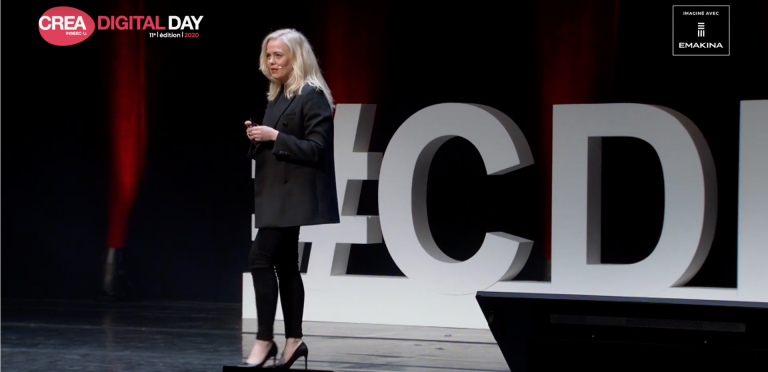Unleashing Creativity – How to Create Perfect Conditions for Generating Unique Value and Novel Insight

The landscape of work has changed, shaped by shifting needs and new requirements. Where the goal of work was once to extract the maximum amount of energy from a worker, and transform it into a tangible product, knowledge work turns this approach on its head.
Knowledge work organisations should be mental energy factories, providing the fuel for cognitive athletes, energising teams and transforming mental energy into ideas and insights – something that will become even more critical as automation replaces many repeatable, process-based tasks.
Humans are explorers, inquirers, and creators
The World Economic Forum identified complex problem solving, critical thinking and creativity as the top three skills required to thrive in the 4th industrial revolution. Arguably, creativity is the foundation for all of them; complex problem solving and critical thinking require imagination, ideation, innovation and the ability to perceive multiple perspectives. The challenges of knowledge work can make it difficult to create the conditions for creativity, but a lack of creative thought makes us less able to imagine a different future and overcome these challenges.
Efficient, productivity-orientated tasks are easy to reproduce by another human, or even a machine. Creativity is rare.
Creativity is the antidote to the poison of efficiency over effectiveness. It’s the solution to sending endless e-mails and making meaningless presentations, because it allows us to perceive the new opportunities that are unfolding in front of us, generate unique value and novel insight. Creativity underpins effective knowledge work, but there is no perfect approach to producing ingenuity on demand. Exactly which individual and contextual factors provide the optimal circumstances for creativity is debated, but a brute force approach based on simply clocking the hours, is not one of them.
We constantly crave new information
We are rewarded for searching out novelty and in the digital age, we have access to a fire hose of content to titillate the reward centres of our brain, but if we don’t have rules and boundaries in place, we can easily become distracted and create little real value. Creativity thrives when there is some pressure and limitation, but not too much.

Too much time pressure impairs creative cognitive processing, but some pressure can fuel our creativity. Eliminating it can suffocate the process and create an inhospitable environment for innovation. Our response to pressure is individual; some people thrive when their backs are against the wall, while others prefer a more relaxed approach. For certain individuals, a prize or honour can drive them to produce their most innovative work, whereas others are more motivated by intrinsic rewards. For most, it is a combination of the two.
Kimi Räikkönen and creative driving
I remember speaking with Dr. Aki Hintsa about creativity in motorsport, and he reminded me of Kimi Räikkönen, and his exceptional ability to “conceptualise three-dimensional space.” This ability relates to ‘spatial ability.’ Individuals who score highly in this area tend to be very good at understanding and remembering how objects are positioned relative to each other. This ability can also relate to the skill of ‘spatial navigation,’ which involves the brain simulating and anticipating what it will see as it moves through a scene. Theoretically, if a driver can simulate a circuit in their brain in ‘higher-definition’ relative to another driver, they could imagine more possible scenarios, and take advantage of them.
You may not think of driving a Formula One car as a creative process, but the drivers are continuously finding ways to take full advantage of every opportunity provided by their car, the conditions and their competitors. Aki had worked with a lot of drivers, but Kimi stood out in this regard. Kimi has also shown an unconventional creative streak in driving, from a young age. A now legendary story tells how as a kid, in a karting race in Monaco, Kimi’s kart was knocked over the barrier in a collision. Undeterred he continued driving alongside the circuit, on the wrong side of the barrier, until he ran out of road. At this point, he lifted his kart back onto the track then worked his way back through the pack, eventually finishing third.
We need enough space to let our imagination roam, but not too much that we lose sight of the objective. Something also needs to incentivise us to search out new information and ideas.
Creativity thrives in three conditions
- When you apply and combine old ideas in new ways. Boundaries force you to look deeper within yourself, to sift through your experiences for something that could be useful and pool your cognitive resources. Boundaries create the conditions that encourage you to combine what you already know, as well as the new ideas you can come up with.
- When you feel enough pressure and incentive to encourage flexible thinking. If you don’t have any pressure or incentive, you can talk forever without actually creating anything. When a clock is ticking, or a reward is waiting and you need to find an answer, your mind open to new ways of looking at a problem and you become more cognitively flexible.
- When you don’t get too comfortable. When you’ve finally developed an idea that you’re proud of, it’s easy to feel self-satisfied in the afterglow of creative breakthrough. This is one of the greatest risks in the creative process because you can easily become attached to an idea and miss further opportunities for improvement. One of the best ways to avoid this state is to regularly move boundaries and change rules. This creates a ‘shelf-life’ for your solutions and forces fresh rounds of innovation and creativity.
The above excerpt is from Exponential, a book by James Hewitt and Dr Aki Hintsa.
Interested in hearing more about our performance coaching services? Leave your contact details below and we’ll be in touch with you.




